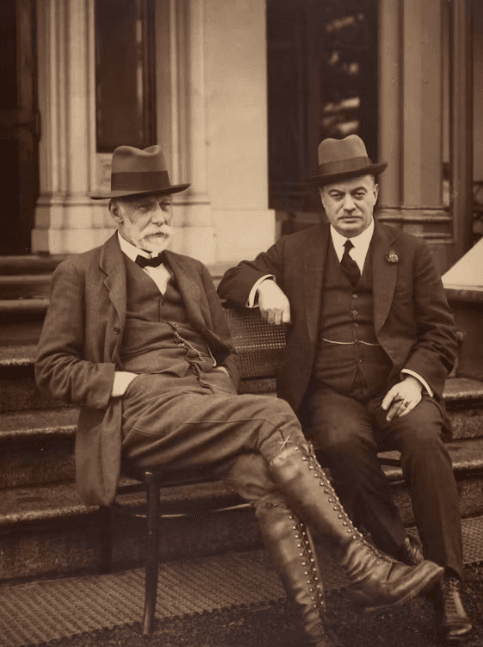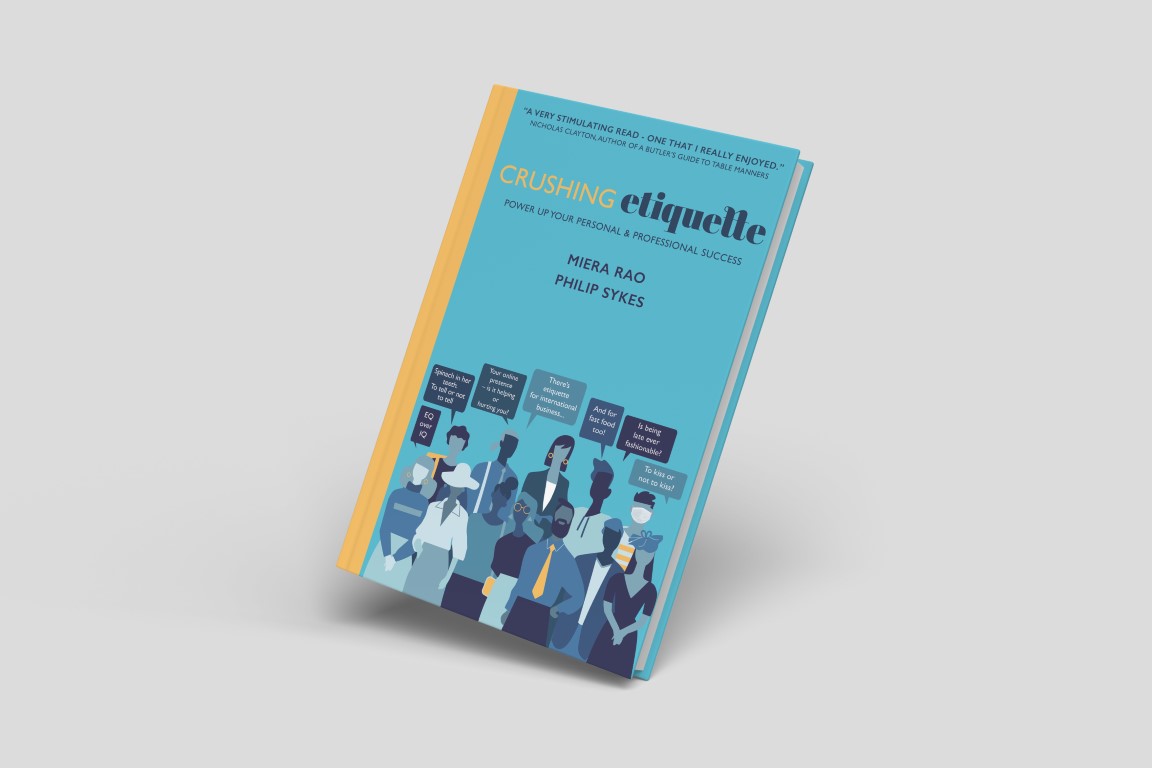The £2.5 million deal was lost over a soup spoon.
The professionals who thrive understand this paradox.
They recognise that sharing a meal creates the deepest business connections. When the stakes are highest, when relationships matter most, we still gather around tables with proper place settings and unspoken rules.
The Research Tells a Clear Story
The numbers reveal what many suspect but few discuss openly. According to research from Harvard University, soft skills account for 85% of job success. Dining etiquette sits at the heart of these capabilities.
More telling still, the Protocol School of Washington found that 83% of professionals believe proper etiquette is essential for career success. These aren’t outdated formalities. They’re active ingredients in professional advancement.
The confidence factor proves equally compelling. Nearly 70% of professionals report increased confidence after formal dining training. This confidence radiates beyond the dining room into boardrooms, client meetings, and leadership situations.
Where Modern Etiquette Began
Understanding today’s dining protocols requires examining their origins. Victorian society established our current framework, transforming practical eating arrangements into sophisticated social hierarchy markers.
What began as necessity evolved into art.
The Victorians codified multi-course progression, utensil placement, and conversation flow. Their innovations weren’t arbitrary. They solved real problems about hygiene, efficiency, and social coordination.
Many Victorian innovations persist because they work. The progression from outside utensils inward creates logical flow. Proper posture aids digestion and projects confidence. Conversation timing prevents awkward silences.
These weren’t rules for rules’ sake. They were solutions that became traditions.
The Professional Stakes Today
I’ve witnessed careers pivot on dining competence. The executive who confidently navigates a formal client dinner projects capability across all business areas. The professional who fumbles with basic table manners raises questions about attention to detail and cultural awareness.
This happens because dining etiquette serves as a proxy for broader competencies.
Clients and colleagues make rapid judgements. Can this person handle complex situations gracefully? Do they understand unspoken expectations? Will they represent our organisation appropriately in high-stakes environments?
The dining table answers these questions within minutes.
Consider the alternative. Professionals who avoid formal dining situations limit their networking opportunities. They decline invitations that could advance their careers. They miss chances to build relationships in relaxed, personal settings.
The Confidence Connection
Proper training transforms anxiety into advantage. When you understand the protocols instinctively, you can focus on what matters most: the conversation, the relationship, the business opportunity.
This confidence compounds over time.
Professionals who master dining etiquette report feeling more comfortable in all formal situations. They approach high-level meetings with greater assurance. They accept invitations others decline. They volunteer for client-facing roles that accelerate career growth.
The technical skills matter, but the psychological impact proves more valuable. Competence breeds confidence, which creates opportunities.
Beyond Basic Manners
Modern dining etiquette extends far beyond knowing which fork to use. It encompasses cultural sensitivity, conversation management, and social intelligence. These skills prove invaluable in our globalised business environment.
The best training addresses these broader capabilities.
At The British School of Excellence, founded by Philip Sykes with over 35 years of experience training royalty, diplomats, and business leaders, the approach goes deeper than surface protocols. The programme builds genuine confidence through understanding the principles behind the practices.
This matters because etiquette without understanding feels artificial. When you grasp why certain protocols exist, you can adapt them appropriately across different contexts and cultures.
The Competitive Advantage
In an increasingly casual world, formal dining competence becomes more distinctive, not less. While others struggle with basic protocols, trained professionals navigate these situations effortlessly.
This creates subtle but powerful differentiation.
Clients notice when someone handles formal situations with natural grace. Colleagues respect professionals who can represent the organisation confidently in any setting. Senior leaders trust those who understand unspoken expectations.
The British School of Excellence stands as the only etiquette training provider certified by four internationally recognised organisations. This distinction reflects the rigorous standards that separate genuine expertise from superficial instruction.
The Investment That Pays Forward
Professional dining skills compound over decades. Every client dinner, networking event, and business celebration becomes an opportunity to strengthen relationships and project competence.
The initial investment in proper training pays dividends throughout your career.
More importantly, these skills transfer across generations. Professionals who understand proper etiquette can teach their children, creating family advantages that extend far beyond business contexts.
The transformation goes beyond individual benefit. When more professionals understand proper protocols, business dining becomes more comfortable and productive for everyone involved.
Making the Choice
The dining table will remain central to business relationship building. Technology may change how we work, but human connection still happens best when we share meals and conversation.
You can approach these situations with confidence or anxiety.
The choice shapes not just individual meals, but entire career trajectories. In a world where technical skills are increasingly commoditised, social competencies like dining etiquette provide lasting competitive advantage.
The question becomes simple: Will you master these skills, or will they master you?
If you’re ready to transform dining anxiety into confident advantage, I invite you to explore our Fine Dining Etiquette course. This comprehensive hands-on experience held at a prestigious London hotel, offers multi-course dining protocols, international customs, and the subtle art of business dining conversation. Led by Philip Sykes with his decades of experience, you’ll master not just the technical skills, but develop the natural confidence that distinguishes true professionals. Because in a world where first impressions matter more than ever, shouldn’t yours be impeccable?





